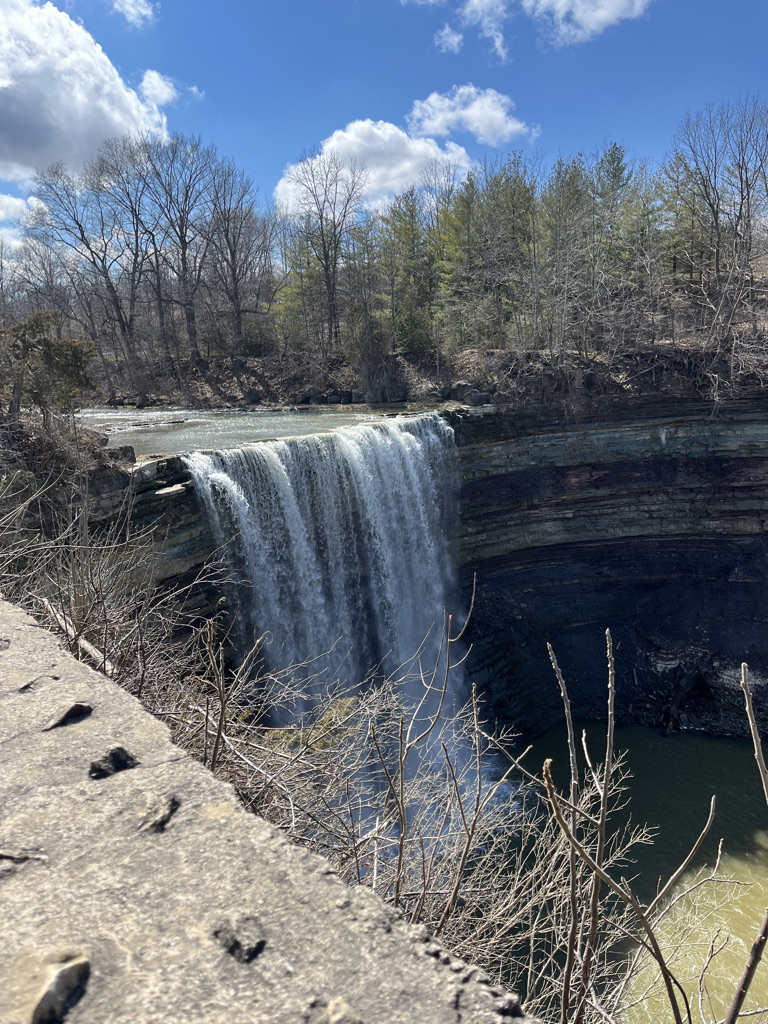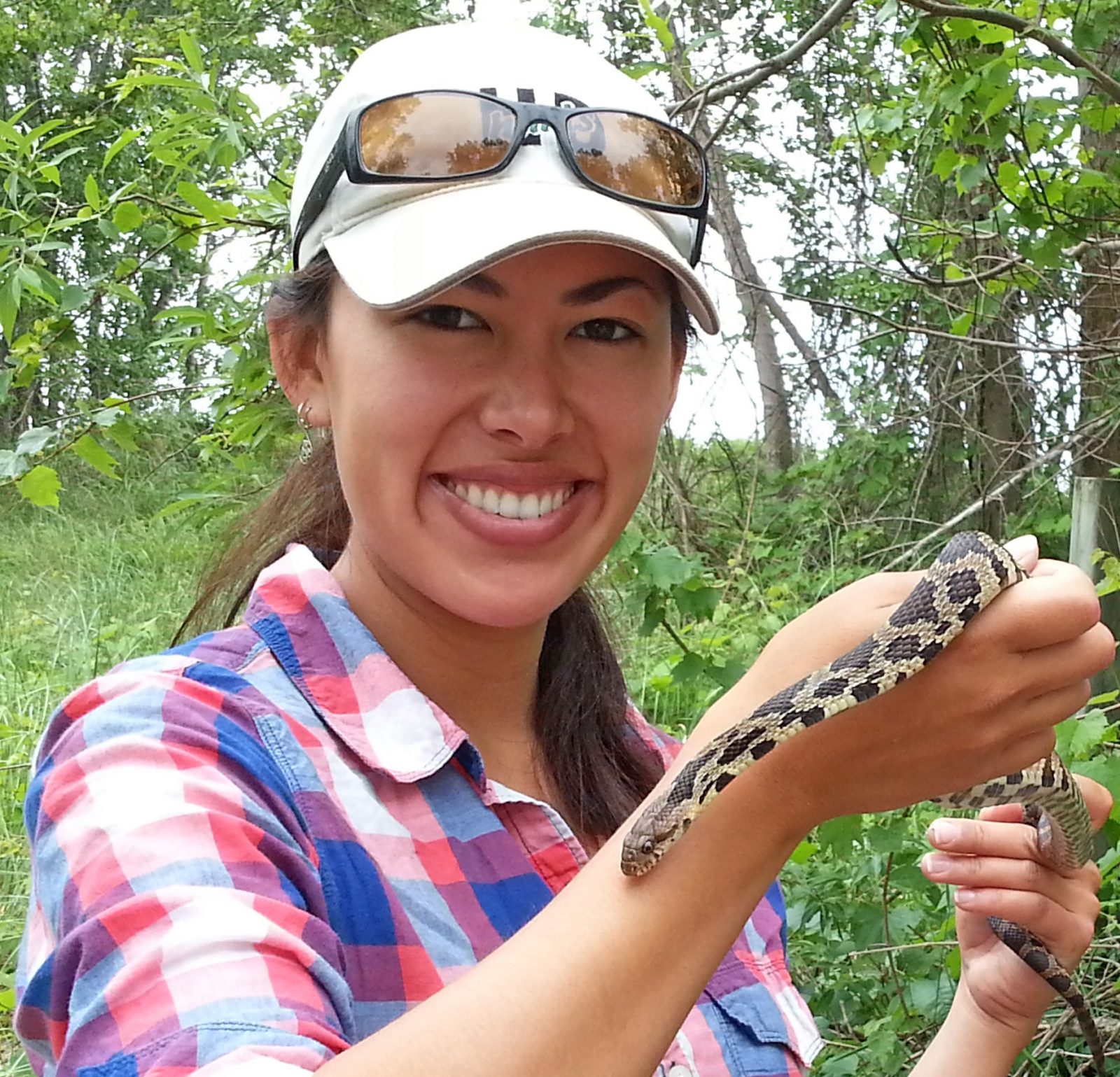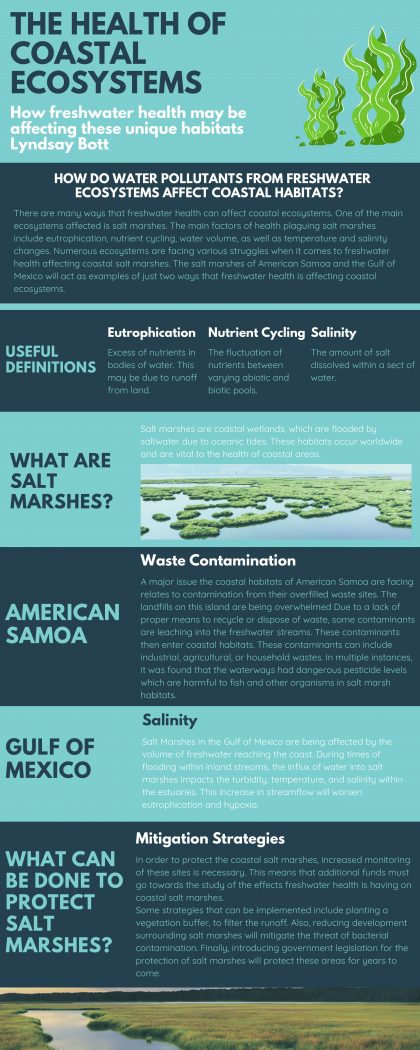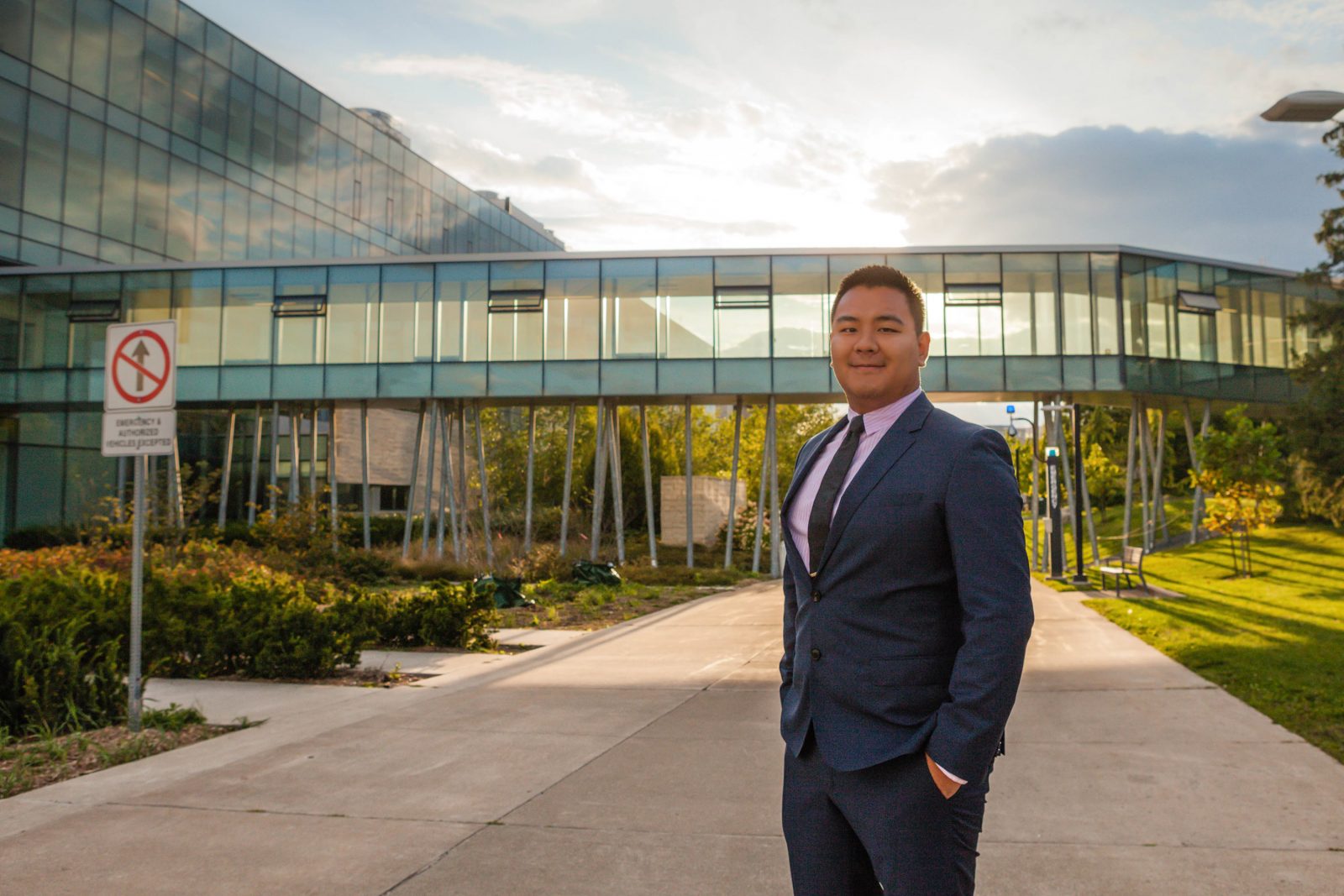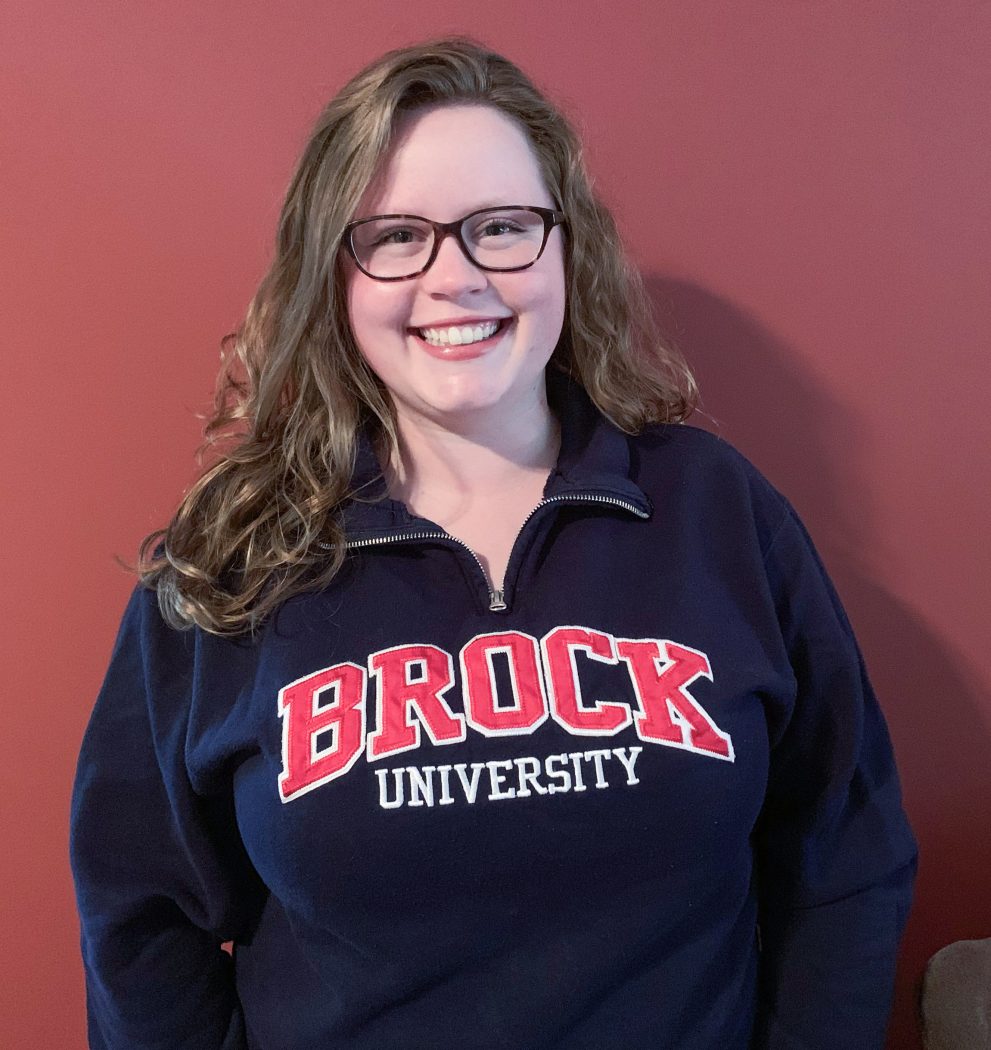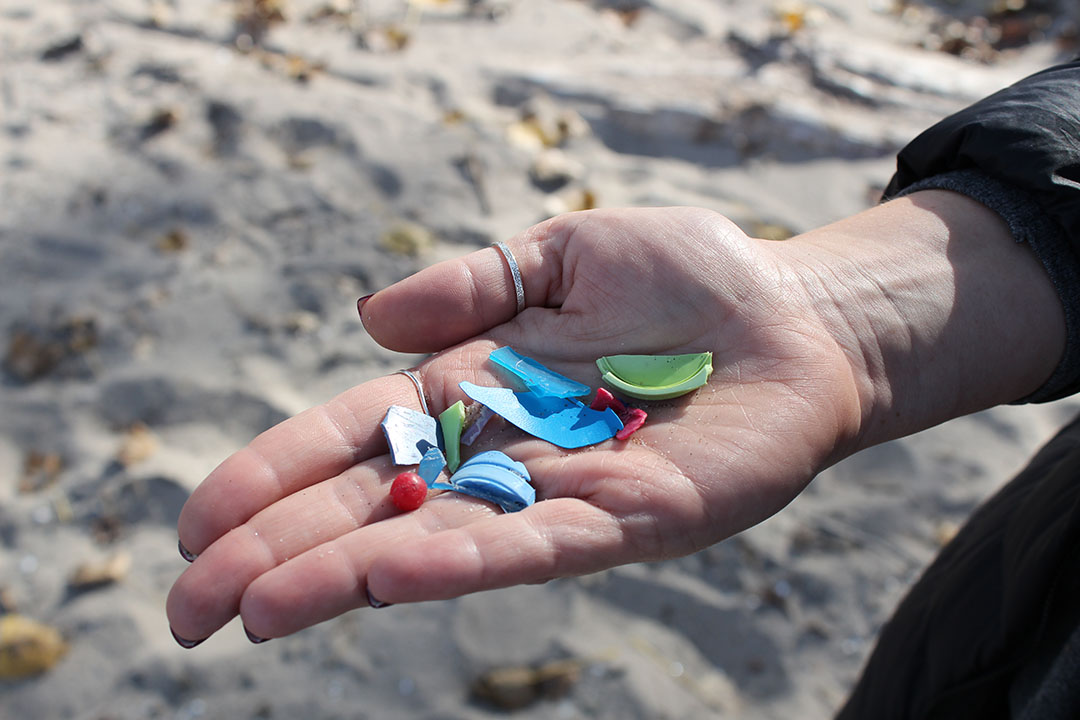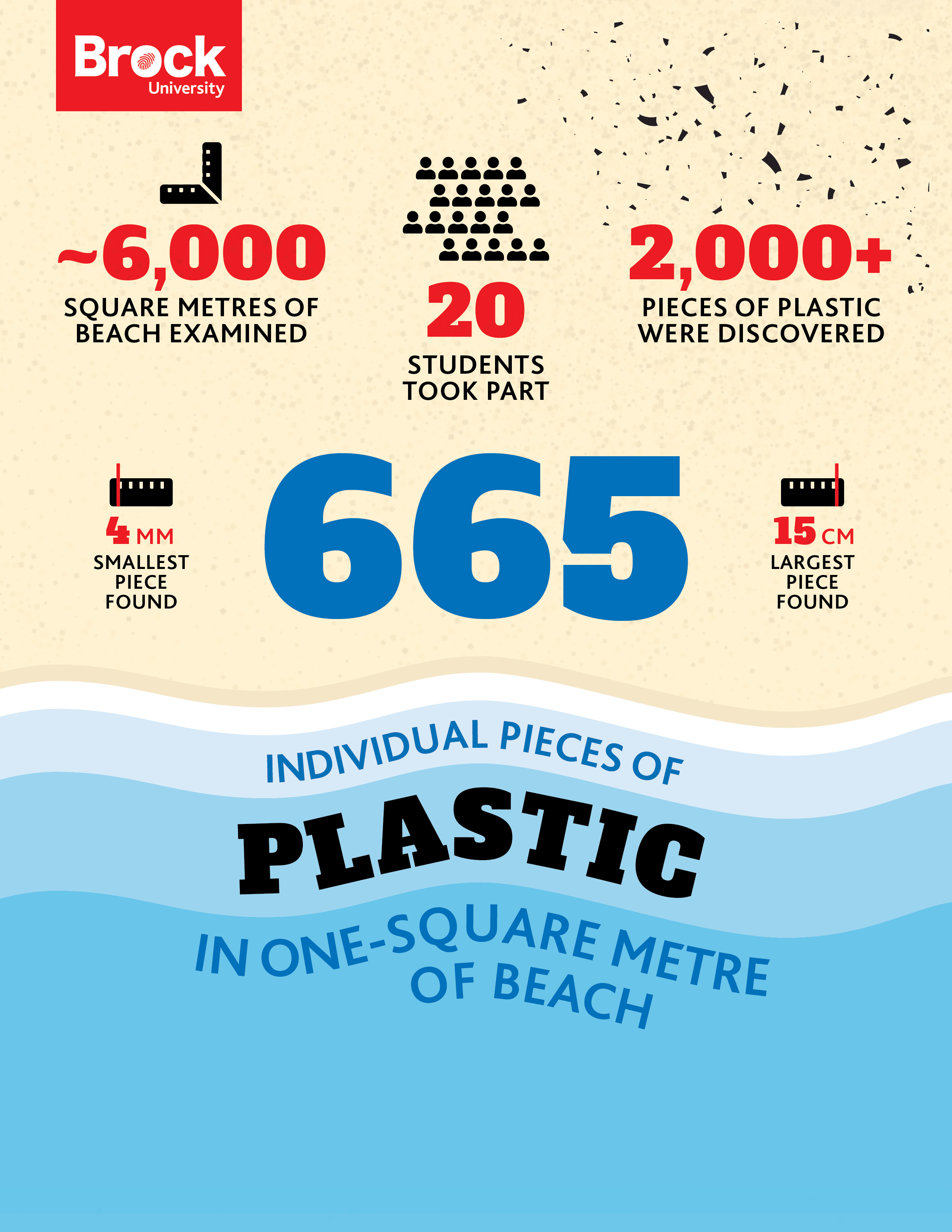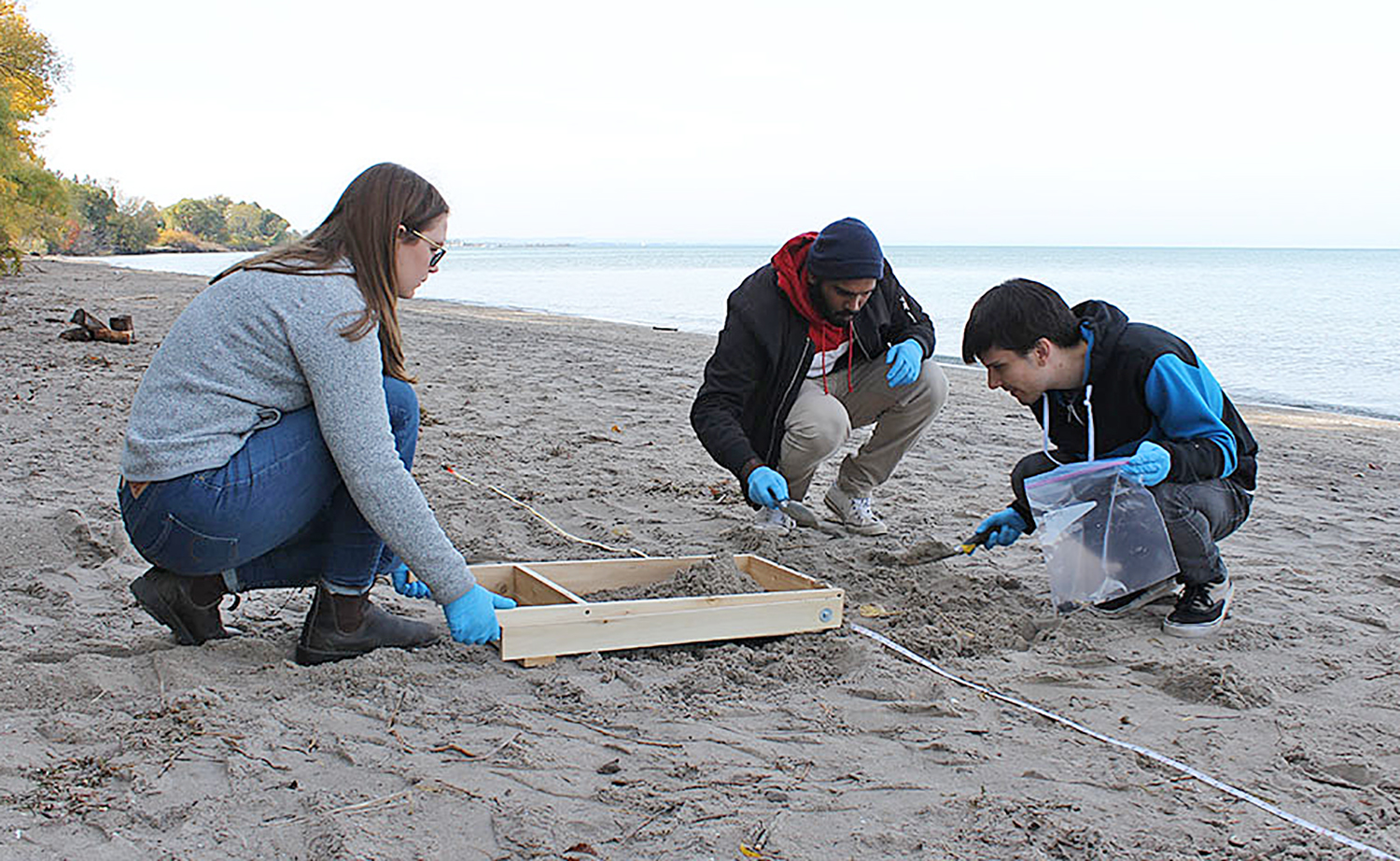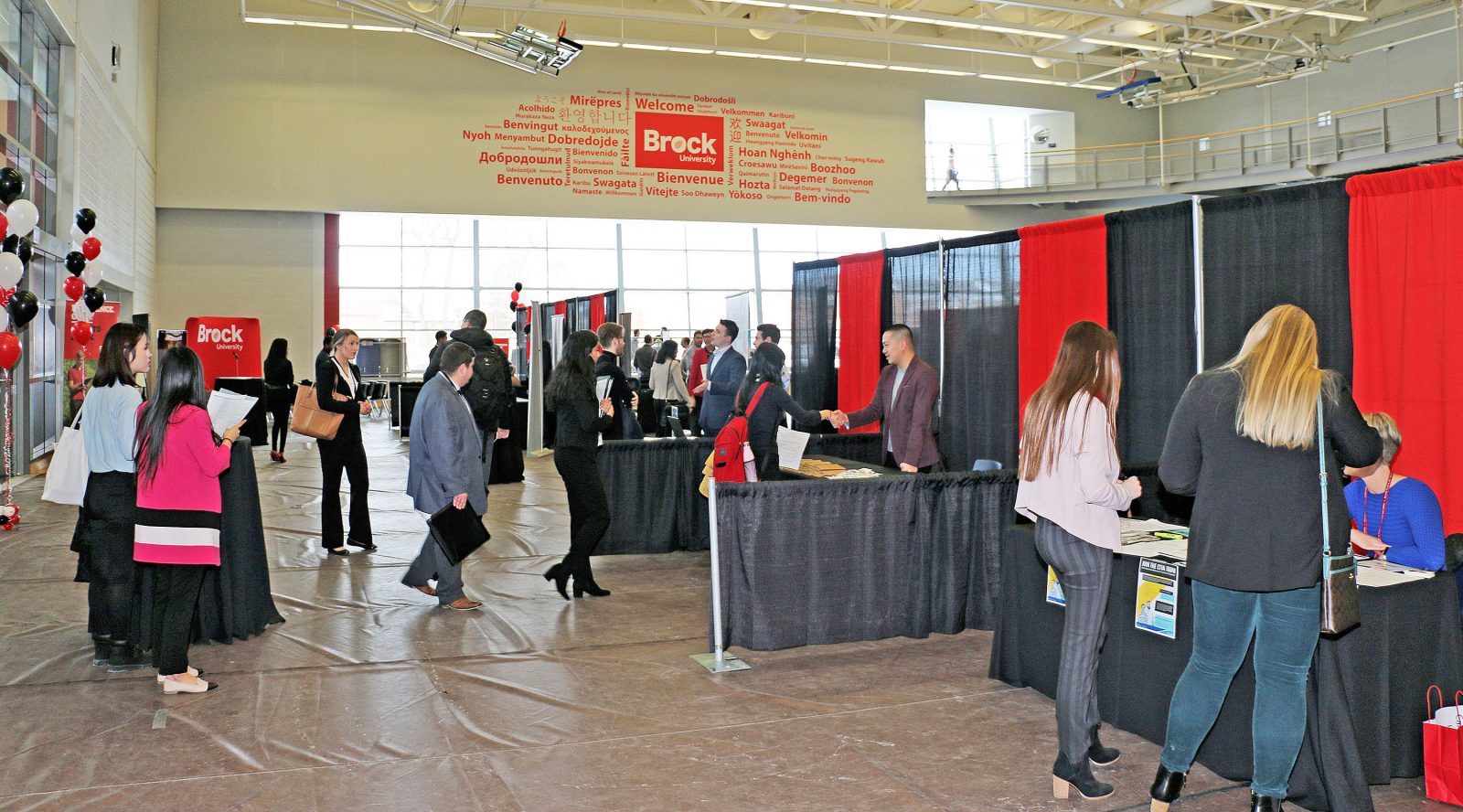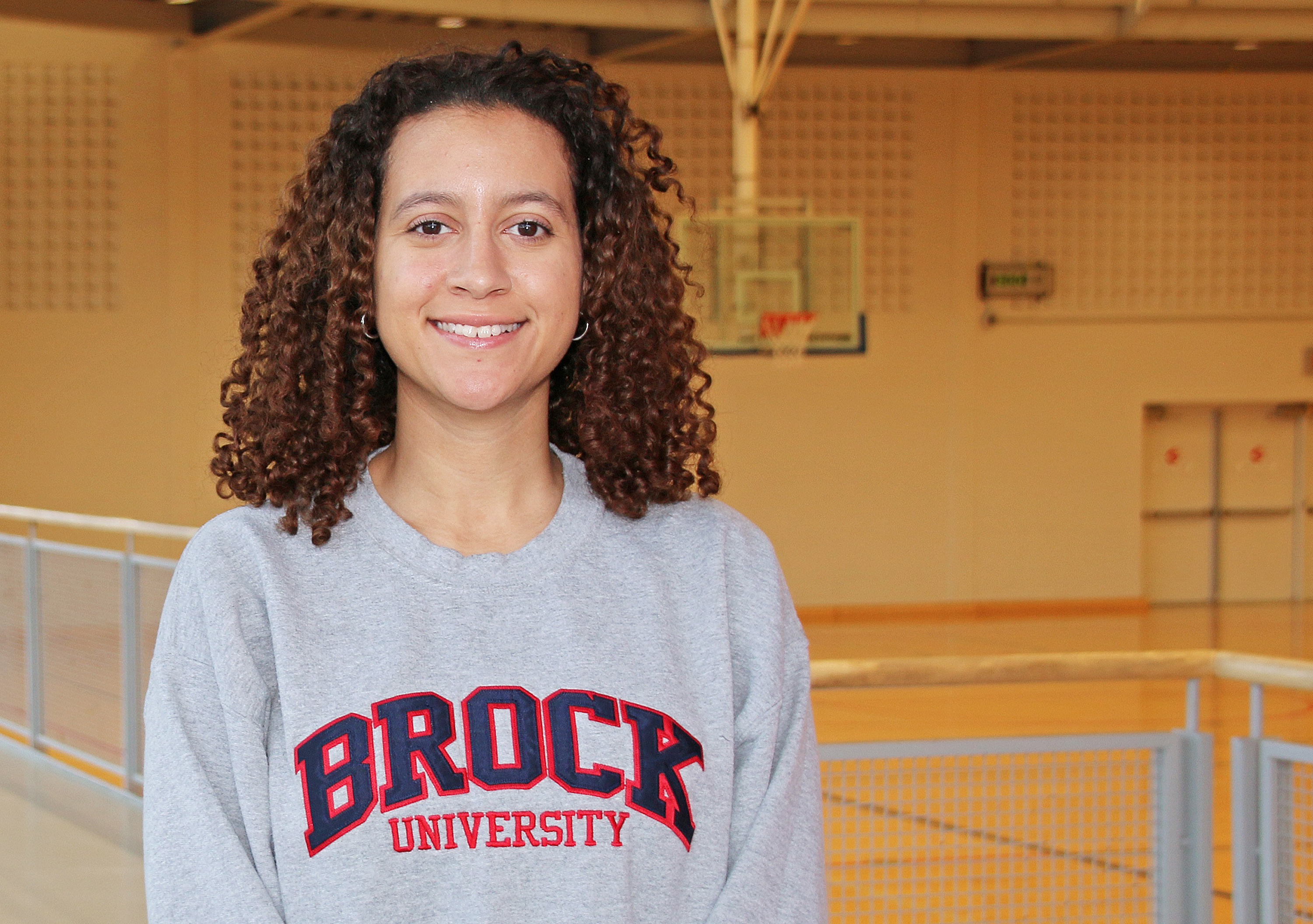For the first time since 2019, Brock students have a chance to complete courses at the University of Florida and a paid internship at Walt Disney World Resort starting this spring — but the application deadline is coming soon.
The University of Florida/Walt Disney World Resort Internship is open to all Brock students over the age of 18 who have 10 credits and a 75 per cent overall average, with preference given to majors in Tourism Studies.
Students who are accepted to the program will complete two online courses delivered by the University of Florida starting in May.
Then, in August, successful applicants will begin a third course and their paid internship at Walt Disney World Resort, which will run until December.
In total, students earn the equivalent of 2.5 Brock credits. The internship may also qualify as a co-op work term.
The program, which had been suspended due to public health restrictions on travel since 2020, provides an opportunity for students to see the inner workings of one of the world’s most popular tourism destinations.
Christina Bosilo, Director of Brock International, says the partnership provides students with the opportunity to gain academic credit and valuable work and training experience.
“The benefits of participating in a study abroad experience help to prepare graduates, professionally and personally, for future opportunities post-graduation, and this particular opportunity is limited to only a handful of post-secondary institutions within Canada,” she says. “Any Brock student with an interest in learning more about tourism, hospitality and marketing from industry experts will find this to be a valuable experience.”
Professor David Fennell in the Department of Geography and Tourism Studies agrees, noting that one of the program’s best features is the way students can match University of Florida courses in topics such as Lodging Operations and Management or Theme Park and Attraction Management with two different internship options at Disney.
“The Disney Internship provides students with an opportunity to work in one of the world’s most impressive companies, with both formal and informal management and leadership training as an important addition to what students need to compete for jobs in the future,” he says. “Furthermore, the opportunity to work and learn alongside students from Brock and other institutions in Canada, along with international students, provides a great platform from which to build relationships and contacts.”
Interested students are invited to learn more about the details of the program on the Brock International website. Applications are due on Friday, Jan. 13.
STORY REPOSTED FROM THE BROCK NEWS









